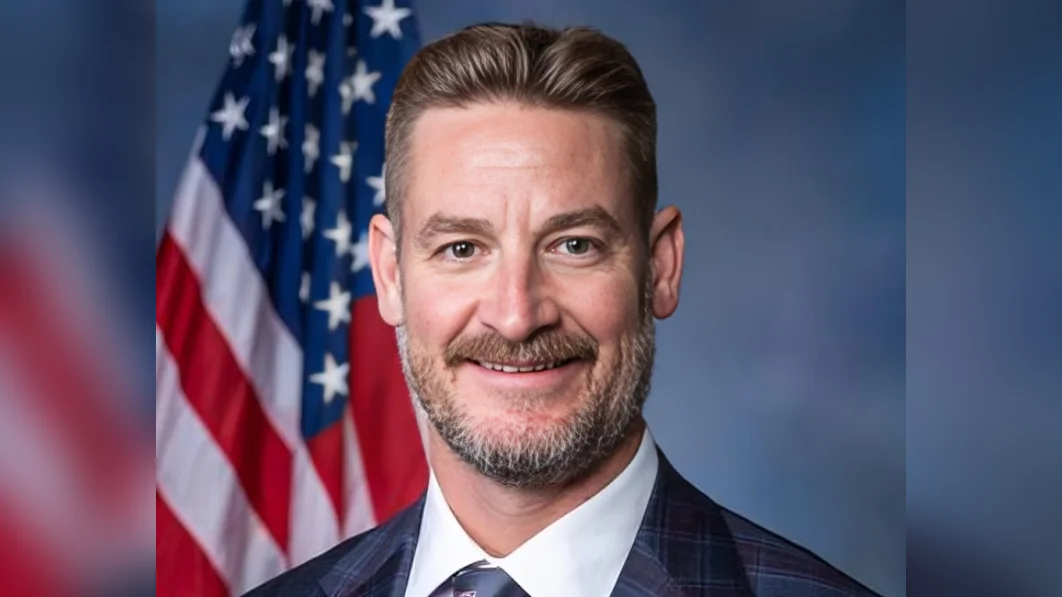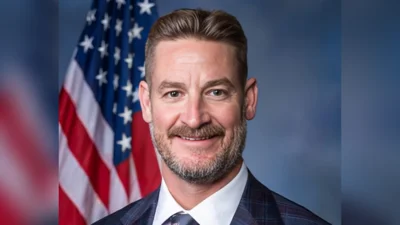U.S. Rep. Greg Steube representing Florida's 17th Congressional District | Official U.S. House headshot
U.S. Rep. Greg Steube representing Florida's 17th Congressional District | Official U.S. House headshot
Congressman Greg Steube, a U.S. Representative from Florida's 17th district, made several claims on July 23, 2025, regarding the origins and credibility of the Russiagate investigation and related intelligence assessments.
In his posts, Steube criticized the foundation of the Russiagate narrative. On July 23, 2025, he stated: (2/8): The entire Russiagate myth was propped up by unreliable reporting, unknown sources, and politically motivated actors. Obama administration officials pulled a single sentence fragment from one substandard report to launch the narrative that Putin preferred Trump as a.
He further questioned the reliability of sources used in key intelligence documents. In another tweet from the same date, Steube wrote: (3/8) Among the unreliable and discredited sources cited by the ICA was Christopher Steele with his infamous dossier. Even though the FBI determined Steele’s principal subsource wasn’t credible and lacked access to Russian covert action plans, the Bureau still used the Steele.
Additionally, Steube challenged widely held conclusions about Russian preferences during the 2016 U.S. presidential election. He said: (4/8): While hyping up faulty reports like the Steele dossier, the ICA ignored reliable intelligence that Putin actually preferred a Clinton presidency. Putin declined to release “remarkable” compromising dirt on Hillary Clinton in the days leading up to the 2016 election. In.
The Intelligence Community Assessment (ICA), released in January 2017 by U.S. intelligence agencies, concluded that Russia interfered in the 2016 presidential election with a preference for Donald Trump over Hillary Clinton. This assessment was based on multiple streams of classified information and became central to subsequent investigations into foreign interference in U.S. elections.
The Steele dossier referenced by Steube was compiled by former British intelligence officer Christopher Steele and contained allegations about connections between Trump associates and Russian officials. Although some aspects of the dossier were found to be unverified or inaccurate during later investigations, it played a role in shaping early narratives around possible collusion between Trump's campaign and Russia.
Subsequent reviews by agencies such as the Department of Justice Inspector General acknowledged shortcomings in how some information—including elements from unverified sources—was handled during initial inquiries into Russian election interference.


 Alerts Sign-up
Alerts Sign-up